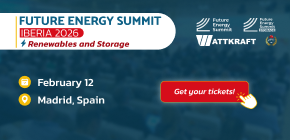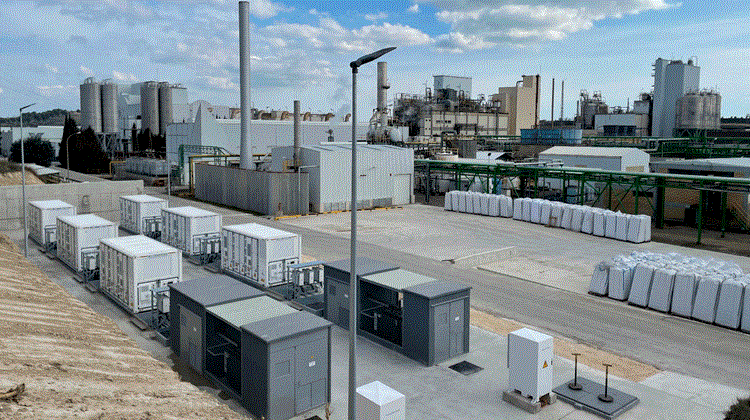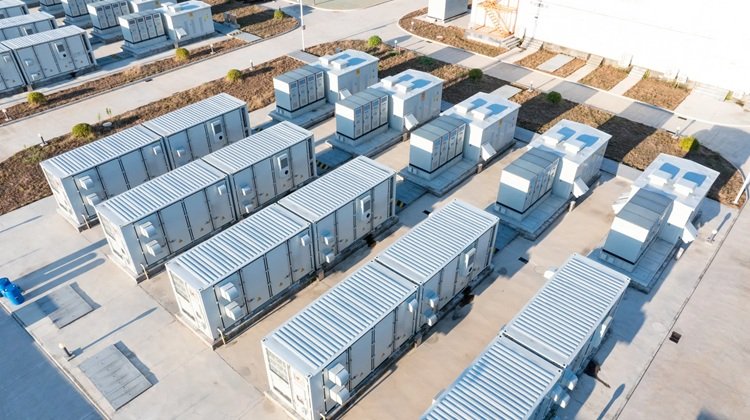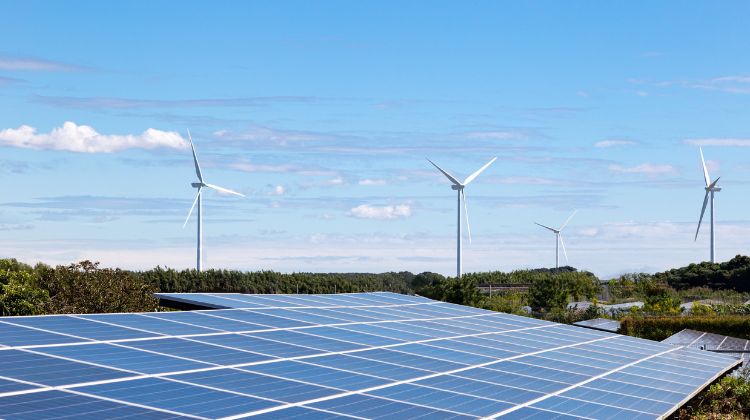Boralex is consolidating its position in the European renewable energy market with a sustained growth strategy focused on wind, solar, and storage projects. With a presence in France and the United Kingdom, the company plans to reach 2.8GW operational by 2030, focusing on a balanced expansion model. It also has operations in the United States and Canada.
“Our goal is to be a competitive, independent power producer (IPP),” said Jean-François Petit, Vice President of Development at Boralex in Europe, in an interview with Strategic Energy Europe. The company currently operates 3.1GW globally, of which 1.4GW are in Europe, with a presence primarily in France, with 1.3GW installed.
The operational project portfolio is primarily composed of wind energy. “If we analyse our project portfolio under development, it is 50% solar and 50% wind, while 95% wind is in operation,” Jean-François Petit says.
He also points out that they have 2GW of wind and solar projects under development in France and 700MW of wind and storage in the United Kingdom.
The most recent milestone in their strategy was the commissioning of Limekiln, their first operational wind farm in the United Kingdom, with a capacity of 106MW. “It’s the first in a long list of projects, as we have more than 700MW under development in the United Kingdom,” mister Petit notes.
Clear Objectives for 2030
Boralex has defined a growth pace that prioritises operational stability and seeks to establish stable growth conditions. In France, the goal is to bring online between 150 and 200MW annually starting in 2027, while in the United Kingdom the target is similar, supported by a strategic acquisition plan.
“We want to maintain our leadership in France and strengthen our position in the United Kingdom by acquiring greenfield projects, where we are investing time, energy, and capital,” the executive states. The company has 2GW under development in France and 700MW in the United Kingdom, with a combination of wind, solar, and storage projects.
“Once we have a solid position in the United Kingdom, we will analyse other geographies. Let’s first focus on these two markets over the coming years,” adds the Boralex representative.
Storage: A Selective Commitment
Boralex recognises the value of storage and is implementing these types of projects. “Storage makes sense where it adds value to energy, but in France the market is not yet sufficiently mature,” explains Jean-François Petit.
The company currently operates two 2MW batteries in France and is moving forward with projects in the United Kingdom, where it plans to operate its first storage system in the next two to three years. “In the UK, we are already financing our first storage project,” he adds.
“Storage is different. It’s not about producing electricity. It’s a service that potentially enhances the value of electricity itself, which makes sense from an engineering perspective everywhere. But it doesn’t make sense from an economic perspective in all geographies,” he analyses.
Sector Challenges and Regulatory Impact
The European renewable energy landscape presents challenges linked to political and regulatory volatility. “Energy is a long-term sector, but policy works in short cycles, which creates uncertainty. Every two years, we have new laws, new mechanisms, new objectives, and it takes five to eight years to develop a project,” Jean-François Petit warns.
He adds: “France and the United Kingdom are mature markets, which means a lot of competition but also stability in wind and solar. And then, the complexities and challenges come more from the politics themselves and the policies they will implement,” he notes.
For example, in the French market, the lack of an updated multiannual energy plan (MEP) complicates investment planning. “We have been waiting for the new MEP for over a year, and without a clear framework, it is difficult to motivate investors,” he maintains.
In contrast, the United Kingdom is experiencing a more favourable environment following recent changes in government. “There is now a new growth strategy for renewables, which allows us to move forward with confidence,” the executive emphasises.
Mister Petit states that to motivate investors and shareholders to invest in a country, they are pursuing a strategy of operating in different geographies to generate global stability. “We observe that the cycle is not always coordinated, which seems logical to us. This is the main challenge: the political cycle,” he notes.
Despite these challenges, Boralex maintains its firm vision: “We are a key player in green, competitive electricity. That is our mission in every geography where we operate,” Jean-François Petit concludes.




























